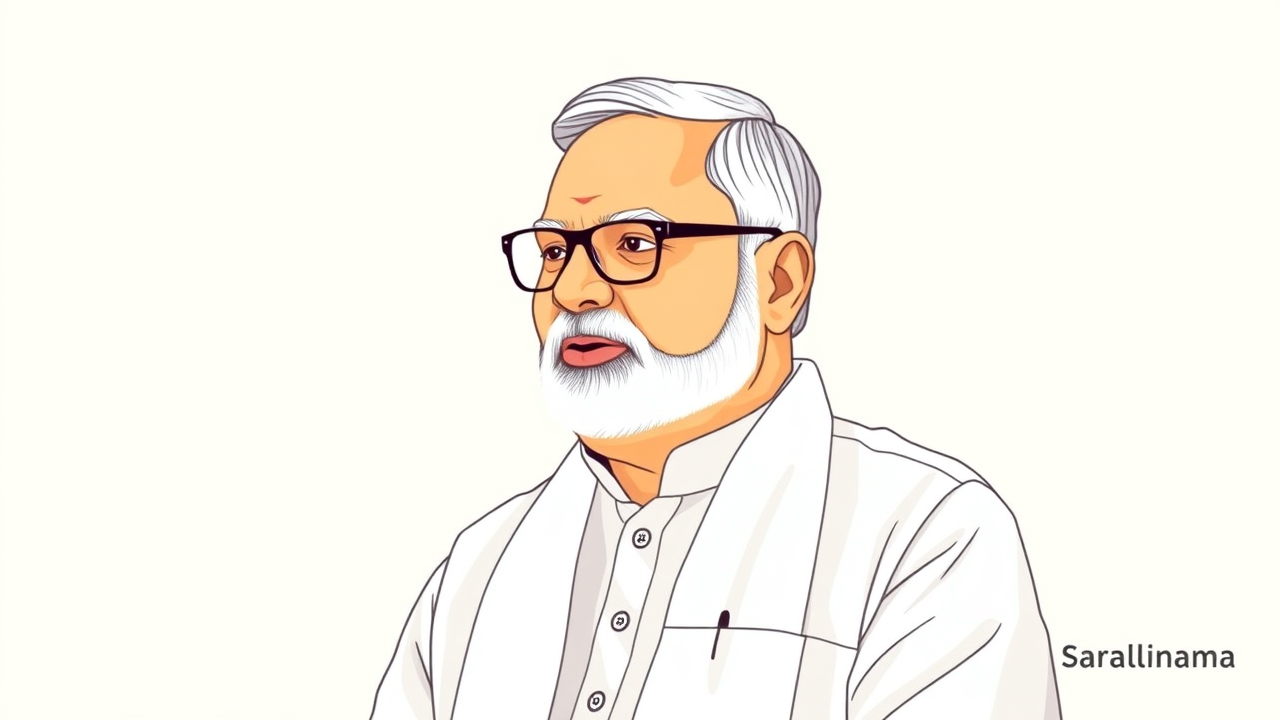The National Democratic Alliance is counting on three key factors to secure victory in Bihar's assembly election results. Exit polls have given the coalition a clear edge. First, the alliance benefits from a stronger social combination after smaller parties like Chirag Paswan's Lok Janshakti Party and Upendra Kushwaha's Rashtriya Lok Morcha rejoined, adding over 5 percent arithmetic advantage. Second, welfare schemes targeting women voters, particularly the Mukhyamantri Mahila Rojgar Yojana offering Rs 10,000 as the first instalment, have been crucial. Third, Chief Minister Nitish Kumar himself remains the biggest asset despite two decades of anti-incumbency. Women voters outnumbered men by 8.8 percentage points, strengthening the alliance's hopes. If victorious, Nitish Kumar, who first became Chief Minister in October 2005, will take oath for a record tenth time. The election outcome will reflect the social and political capital he has built over twenty years.

Nitish Kumar's Leadership and Welfare Schemes Drive NDA Campaign
Despite questions about his health and twenty years of anti-incumbency, Nitish Kumar emerged as the NDA's most valuable campaigner. He addressed 84 rallies, matching the younger opposition leader Tejashwi Prasad Yadav's count. The government announced several welfare measures before the polls, including 125 MW of free electricity to 1.67 crore consumers and raising social security pensions from Rs 400 to Rs 1,100 monthly. The Mukhyamantri Mahila Rojgar Yojana, targeting women entrepreneurs through self-help groups called Jeevika, became the cornerstone of the NDA's strategy. This scheme promises Rs 10,000 initially and an additional Rs 2 lakh within six months if conditions are met, directly countering the opposition's promises.
Source: Link
